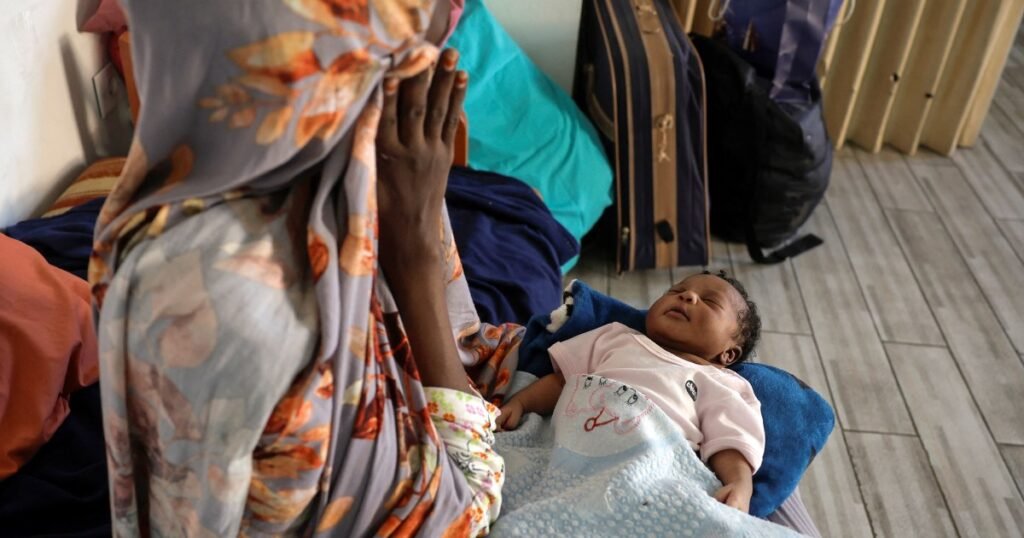Soreti, an Ethiopian migrant domestic worker living in Lebanon, narrowly escaped an Israeli air strike that targeted her neighborhood in Tyre. She is one of an estimated 175,000 to 200,000 foreign domestic workers in Lebanon, with the majority being women. Most of these workers are Ethiopian and have been arriving in Lebanon since the 1980s, taking up low-paid jobs to support their families back home. However, the recent escalation of Israeli attacks on Lebanon has put their lives in danger, with many migrant workers being displaced and left with nowhere to go.
The situation for migrant domestic workers in Lebanon has been exacerbated by a long-standing financial crisis and the COVID-19 pandemic, which led to many of them losing their jobs. Despite the difficult conditions, many migrants opted to stay in Lebanon due to limited opportunities back in their home countries. However, with the ongoing conflict between Israel and Hezbollah, embassies in Beirut have been overwhelmed with repatriation requests, leaving many migrant workers stranded and in need of assistance.
Migrant workers in Lebanon are subjected to the kafala system, a sponsorship system that has been compared to modern-day slavery. Under this system, migrants have little recourse to seek legal redress for any abuses they face, leading to widespread mistreatment and even deaths among domestic workers. African diplomats in Lebanon have been largely absent in providing assistance to their citizens, leaving migrant workers to fend for themselves in the face of Israeli attacks and discrimination.
The stories of migrant workers being turned away from shelters and abandoned by their employers highlight the systemic racism and abuse faced by these vulnerable populations in Lebanon. Many migrants, including those from Madagascar, Sierra Leone, and Bangladesh, have been left homeless and without access to basic necessities such as food and shelter. Migrant-run organizations have stepped up to provide assistance, but they are limited in their capacity to meet the growing demand for support.
As the conflict in Lebanon continues to escalate and the humanitarian crisis worsens, migrant workers remain at high risk of being targeted and discriminated against. With no repatriation options and limited access to shelter and resources, these vulnerable populations are in urgent need of assistance from both local and international humanitarian agencies. The lack of support from embassies and the ongoing challenges faced by migrant workers highlight the urgent need for a coordinated response to protect their rights and ensure their safety in Lebanon.

